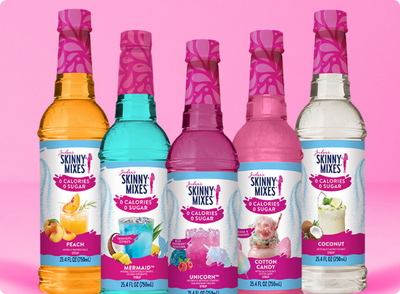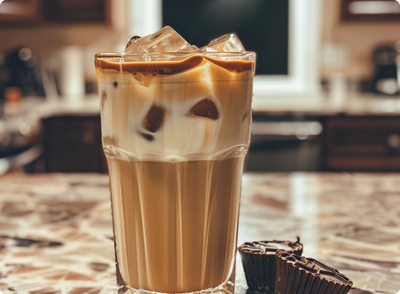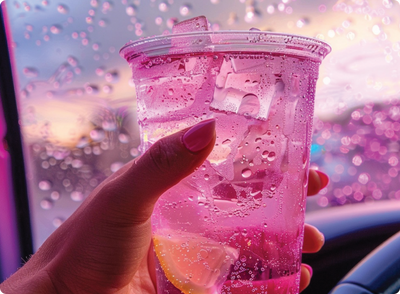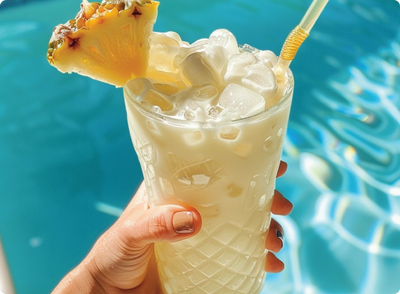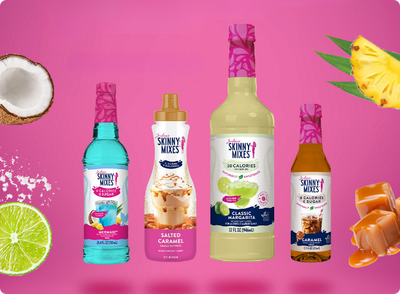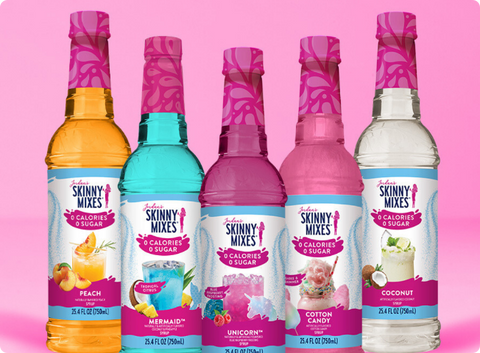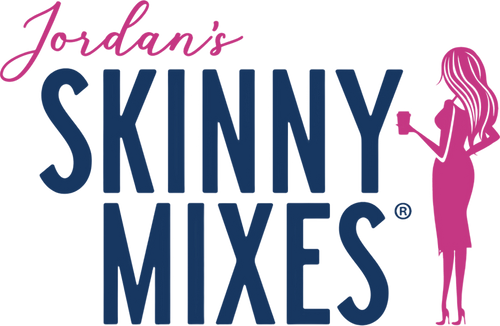Best Sugar Substitute For Coffee
It’s common knowledge that coffee has many health benefits. It contains antioxidants, and studies show it helps prevent diabetes and weight gain. But you can’t enjoy these health benefits if you add spoonfuls of sugar to every cup of coffee you drink!
To reap coffee’s benefits (and also inject some sweetness into your cup), check out the five best sugar substitutes for your cup of coffee. Or, to discover the best coffee sweetener right away, click this link.
Five Sugar Substitutes For Coffee
According to the American Heart Association, limiting sugars in your diet is crucial because it can adversely affect your health. It can cause tooth decay, weight gain, diabetes, and even high blood sugar levels.
High blood sugar can ultimately cause heart disease and other health issues, including cardiovascular disease. A significant health benefit of sugar substitutes comes from facilitating heart health by lowering blood pressure.
But this doesn’t mean you need to take your coffee with no sweeteners! Natural sugar alternatives are a healthier choice that can satisfy your sweet tooth while supporting good health. These healthy substitutes for sugar are also quite tasty! To find other healthy ways to sweeten coffee, read our latest article.
1. Maple Syrup
Would you have thought that maple syrup works with coffee? Well, it certainly does. It’s a natural sweetener, and it adds a ton of flavor to your coffee. It’s perfect, especially in chilly weather. First, however, ensure you find maple syrup that doesn’t contain high fructose corn syrup; otherwise, you’ll neutralize all its health benefits. Click here to learn more about how to use syrup in coffee.
2. Liquid Stevia
Unlike other natural or artificial sweeteners, liquid stevia doesn’t have an acquired taste or aftertaste. It’s a zero-calorie sweetener from the stevia plant, and it has no carbohydrates or calories, making it a perfect alternative to refined sugar.
Interestingly, using drops of liquid stevia in moderation may improve your immune system. However, if you taste bitterness with your liquid stevia, add a pinch of sea salt to reduce the unpleasantness. It may sound strange, but this method works wonders. Or you can always find another brand that may suit your taste buds better.
Different brands of liquid stevia have different levels of sweetness. For instance, with some, you may only need to add fifteen drops to your cup of coffee, and with others, you might need twenty-five drops. But, with a bit of experimentation, you’ll get the taste just right.
3. Coconut Sugar
Coconut sugar is sugar made from the sap of coconut palm tree flowers, and it’s an unprocessed natural sugar.
It’s still sugar, but it can help you cut down your intake of refined sugars because it's plant-based. In addition, coconut sugar is unrefined and has a lower glycemic index, making it a healthy substitute for sugar in your cup of coffee.
4. Agave Nectar
If you’re on a plant-based diet, agave nectar is a healthy sugar substitute. It comes from the agave plant—so it’s a vegan, low glycemic, naturally occurring sweetener in syrup form!
Many vegans value agave nectar as a healthy substitute for honey, and it’s even perfect for those with diabetes. In addition, since agave nectar is sweeter than refined sugar, you can use less of it and still get a sweet taste in your cup of coffee.
5. Honey
Honey provides a perfect way to cut out refined sugar from your coffee. Just like agave nectar, it’s a naturally occurring sweetener. Plus, it’s sweeter than sugar, and it has a low glycemic index, which means you can use less of it and still enjoy a tasty cup of coffee.
Using honey in your coffee is a game-changer because it’s a significant source of antioxidants. It’s also excellent for soothing sore throats. So, if you’re under the weather and still need your daily cup of coffee, adding honey to your mug is the way to go!
Final Thoughts
Whether you’re sweetening espresso, milky coffee, or black coffee, there are many healthy substitutes for sugar. Some leave an aftertaste, and others have a distinct taste. Ultimately, it’ll come down to personal preference, so experiment to see which sugar-free alternatives you like best.
